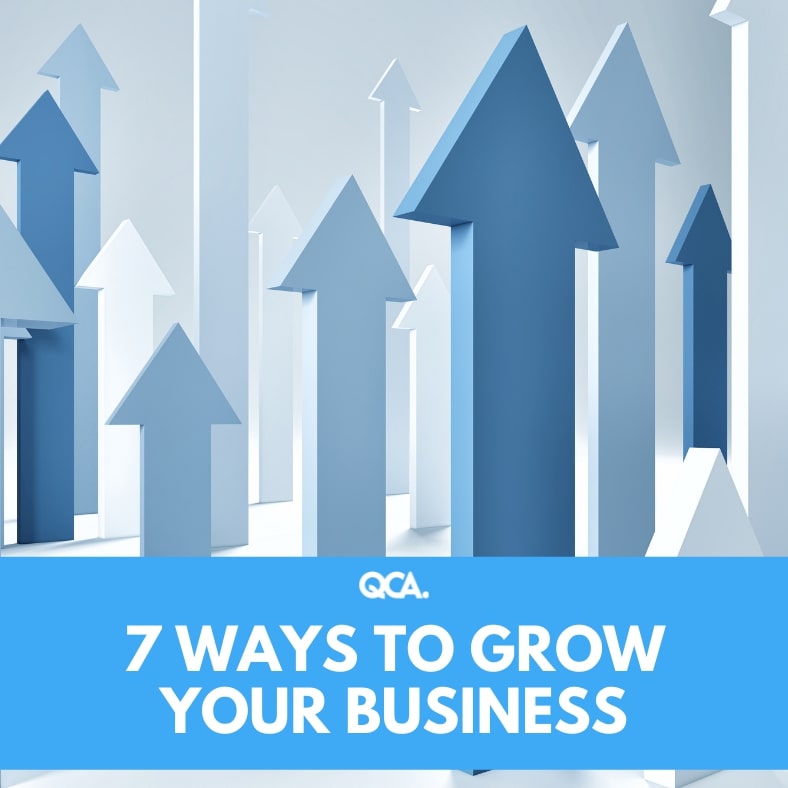The financial services industry grows more and more complex every year, as do the challenges around compliance. Complying with AFSL obligations is an essential part of business for many financial services organisations, yet this can come with a lot of risks. QC Accountants have AFSL accountants who are specialists in the financial services industry.
Compliance requirements change frequently. ASIC’s financial requirements are tightening every year and it can be difficult to ensure compliance on an ongoing basis. As part of our AFSL compliance services, we can assist organisations that hold AFSLs to meet compliance requirements, such as meeting ASIC’s Regulatory Guide 166.
QC Accountants have a long history of working with financial services organisations and offering bespoke service packages to meet their varied needs.
Our aim is to make it as easy as possible for your business to manage your business needs, maintain a sufficient level of regulatory capital, and ensure compliance at all times. We’ll work with you to identify any areas of non-compliance and offer practical custom solutions to address any issues.
We also work to ensure your financial services systems and processes work to support your overall business goals.




















